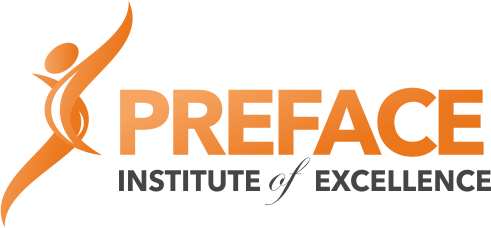INTRODUCTION
Boarding school presents a unique blend of academic rigor, personal growth, and a tight-knit community atmosphere. To thrive in this environment, students need to possess or develop a variety of qualities. Whether it’s adapting to a new lifestyle away from home or engaging with diverse peers, the right attributes can make all the difference. Here are the top ten qualities a student should have while going into boarding school:
1. Independence
Why It Matters: Living away from home requires a level of self-sufficiency. Boarding school students must manage their daily routines, including waking up, getting to classes on time, and completing assignments without constant supervision.
Developing Independence: Parents can gradually give children more responsibilities at home, such as managing their own schedules or handling chores, to prepare them for the independence required in boarding school.
2. Resilience
Why It Matters: Boarding school life can be challenging, with a rigorous academic schedule, homesickness, and social adjustments. Resilience helps students bounce back from setbacks and persist through difficult times.
Building Resilience: Encouraging problem-solving skills and providing emotional support can help students develop resilience. Activities that challenge their comfort zones, like sports or public speaking, also build this quality.
3. Adaptability
Why It Matters: Adapting to a new environment, new people, and a new routine is crucial in a boarding school setting. Adaptability allows students to adjust to these changes smoothly.
Enhancing Adaptability: Exposure to new experiences and diverse groups can foster adaptability. Engaging in travel, meeting new people, and trying new activities can help students become more flexible and open-minded.
4. Time Management
Why It Matters: With a busy schedule that includes classes, homework, extracurricular activities, and social time, effective time management is essential for boarding school students to balance their responsibilities.
Improving Time Management: Using planners or digital tools to schedule tasks and prioritize activities can help students manage their time efficiently. Practicing these skills before attending boarding school can ease the transition.
5. Social Skills
Why It Matters: Boarding school students live in close quarters with their peers, making strong social skills important for building friendships, resolving conflicts, and creating a supportive community.
Developing Social Skills: Encouraging participation in group activities and team sports can improve social skills. Teaching empathy and active listening also helps students interact positively with others.
6. Academic Motivation
Why It Matters: The academic rigor of boarding schools requires a high level of motivation and commitment to succeed. Students need to be self-driven and passionate about their studies.
Fostering Academic Motivation: Parents and educators can inspire academic motivation by encouraging curiosity, celebrating achievements, and setting realistic yet challenging goals. Creating a positive learning environment is also crucial.
7. Cultural Competence
Why It Matters: Boarding schools often have a diverse student body from various cultural backgrounds. Cultural competence allows students to appreciate and learn from these differences, fostering a more inclusive environment.
Enhancing Cultural Competence: Exposure to different cultures through travel, literature, and interactions with diverse groups can build cultural competence. Encouraging open-mindedness and respect for all cultures is essential.
8. Responsibility
Why It Matters: Boarding school students must take responsibility for their actions, from adhering to school rules to maintaining their living spaces. Responsibility is key to personal and academic success.
Cultivating Responsibility: Assigning age-appropriate responsibilities at home can prepare students for the increased responsibility at boarding school. Teaching accountability for actions also reinforces this quality.
9. Emotional Intelligence
Why It Matters: Emotional intelligence involves recognizing, understanding, and managing one’s emotions, as well as empathizing with others. This quality helps students navigate the social and emotional complexities of boarding school life.
Developing Emotional Intelligence: Parents can help by discussing emotions openly, teaching coping strategies for stress, and encouraging empathy. Activities that require teamwork and communication also build emotional intelligence.
10. Self-Discipline
Why It Matters: Boarding school students need self-discipline to stick to their study schedules, follow school rules, and achieve their goals. This quality ensures they stay focused and productive.
Building Self-Discipline: Setting personal goals and creating a structured routine can enhance self-discipline. Parents can support this by providing consistent expectations and rewards for self-discipline.
Conclusion
Preparing for boarding school is more than just packing bags and saying goodbyes; it involves nurturing a set of qualities that will help students thrive in a new and demanding environment. Independence, resilience, adaptability, time management, social skills, academic motivation, cultural competence, responsibility, emotional intelligence, and self-discipline are essential attributes for any student entering boarding school.
By fostering these qualities, parents and educators can equip students with the tools they need to succeed academically, socially, and personally in the unique setting of a boarding school. These skills not only prepare them for their immediate future but also lay a strong foundation for their overall development and success in life.









